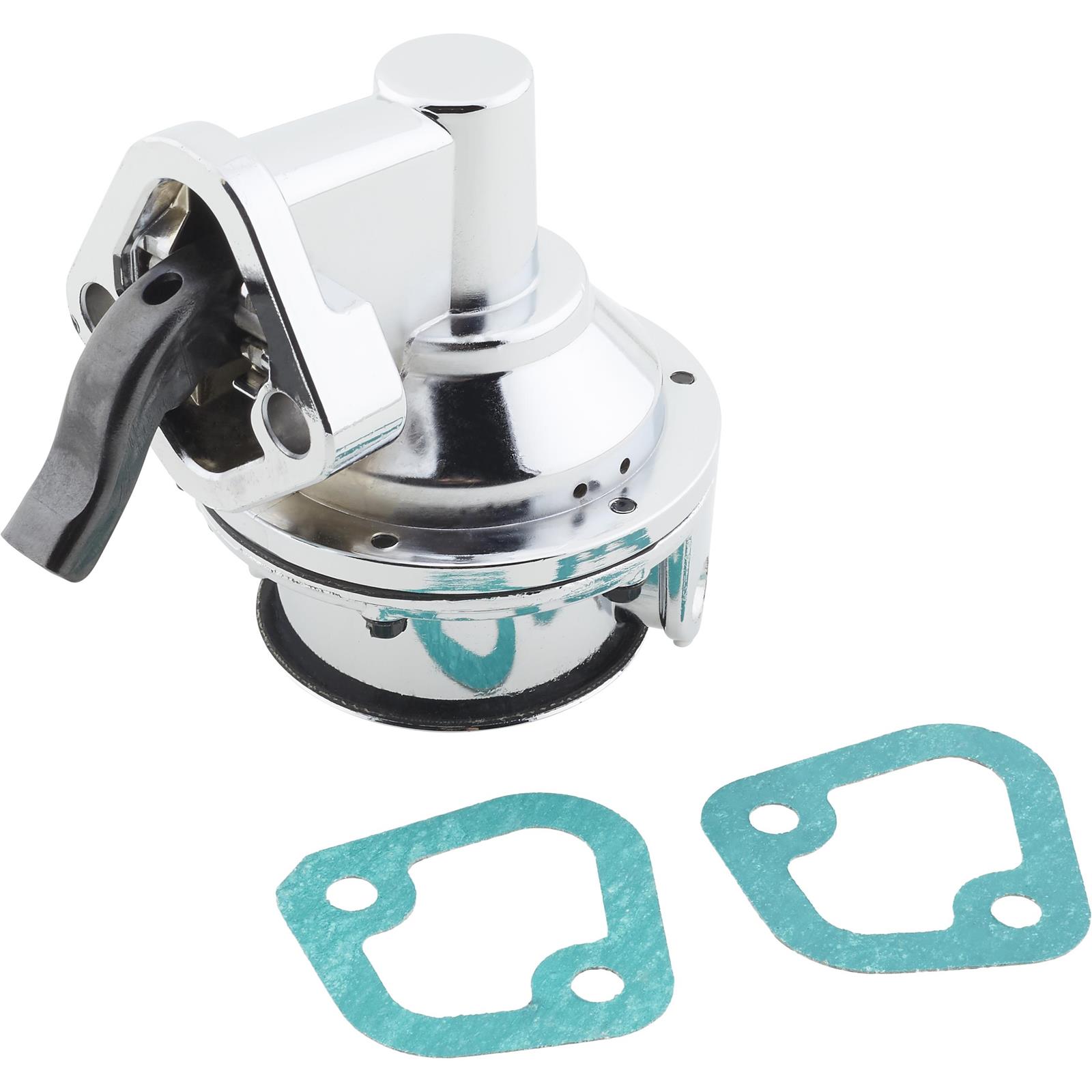Mechanical fuel pumps play a crucial role in delivering the right amount of fuel to an engine, ensuring optimal performance and efficiency. Understanding the pressure exerted by these pumps is essential for maintaining the balance between fuel delivery and engine requirements. In this article, we delve into the depths of mechanical fuel pumps, exploring the factors that influence their pressure and the significance of finding the perfect equilibrium.
- The Basics of Mechanical Fuel Pumps:
Mechanical fuel pumps are commonly found in older vehicles and some performance-oriented engines. Unlike their electric counterparts, these pumps rely on the engine's mechanical motion to generate pressure. They consist of a diaphragm or a piston mechanism that draws fuel from the tank and pushes it towards the engine. - Factors Influencing Fuel Pump Pressure:
a. Engine Type and Size:
Different engines have varying fuel requirements, which directly impact the pressure needed from the mechanical fuel pump. Smaller engines may require lower pressure, while larger engines demand higher pressure to ensure adequate fuel delivery.
b. Fuel System Design:
The design of the fuel system, including the size and length of fuel lines, filters, and injectors, affects the pressure requirements. A well-designed system minimizes pressure loss and ensures efficient fuel flow.
c. Fuel Type:
The type of fuel used also influences the pressure exerted by the mechanical fuel pump. Different fuels have varying viscosities and combustion characteristics, necessitating adjustments in pump pressure to maintain optimal fuel-air mixture ratios.
- Optimal Pressure Range:
The optimal pressure range for mechanical fuel pumps typically falls between 4 to 10 psi (pounds per square inch). However, it is crucial to consult the manufacturer's specifications and the engine's requirements to determine the precise pressure needed. Operating outside this range can lead to fuel delivery issues, engine performance problems, and potential damage to the fuel system. - Importance of Pressure Regulation:
Maintaining the correct pressure is vital for the overall performance and longevity of the engine. Insufficient pressure can result in fuel starvation, leading to misfires, reduced power, and engine stalling. Conversely, excessive pressure can cause fuel leaks, flooding, and potential damage to the carburetor or fuel injectors. - Ensuring Optimal Fuel Pump Pressure:
a. Regular Maintenance:
Periodically inspecting and servicing the mechanical fuel pump is essential to ensure it operates within the optimal pressure range. This includes checking for any leaks, worn-out components, or clogged filters that may affect pressure delivery.
b. Upgrading Fuel System Components:
In some cases, upgrading certain fuel system components, such as fuel lines, filters, or regulators, can help achieve better pressure control and fuel delivery. Consulting with automotive experts or performance specialists can provide valuable insights into optimizing the fuel system.
Conclusion:
The pressure exerted by a mechanical fuel pump is a critical aspect of engine performance and efficiency. Understanding the factors influencing fuel pump pressure and maintaining it within the optimal range ensures smooth operation, prevents fuel-related issues, and maximizes the engine's potential. By unraveling the power within mechanical fuel pumps, we empower ourselves to unlock the true potential of our vehicles.

